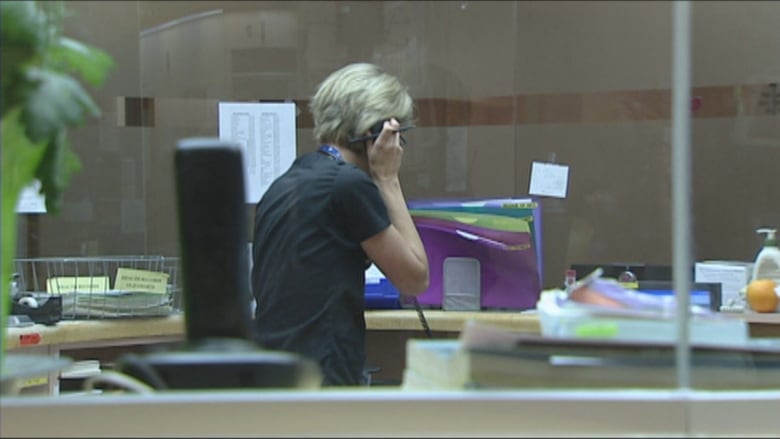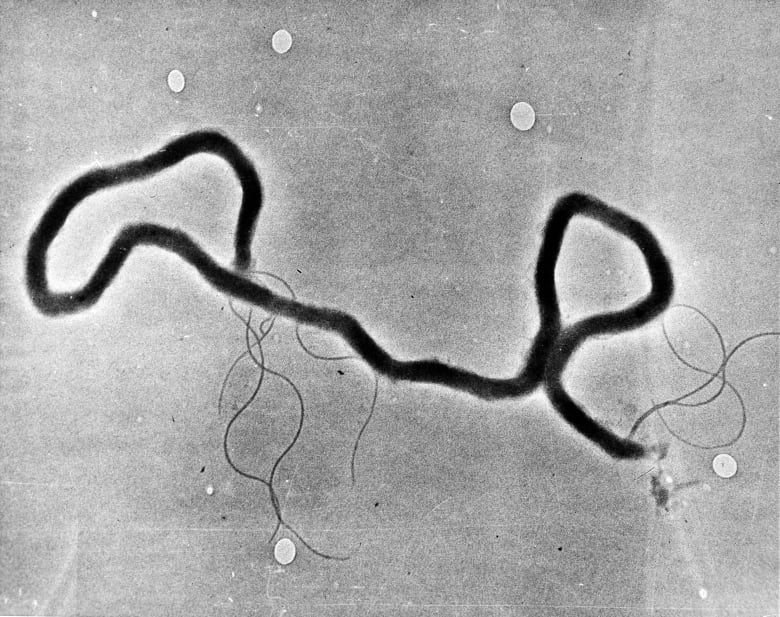Gonorrhea, syphilis rates skyrocket in Canada’s Northwest Territories

The N.W.T. chief public health officer is issuing a public health advisory after seeing a dramatic rise in the rates of two STIs in the territory.
According to a news release from the public health officer, gonorrhea rates are five times higher than in 2013 and 17 times higher than the national rate.
Syphilis rates are seven times higher than the 2013 rate. The release says there have been 25 reported cases of syphilis since 2015.
Chlamydia remains the most common sexually transmitted infection in the N.W.T., in Canada’s central Arctic.
“The risk factors for the increase in these estimates have mainly been having multiple partners in the past six months and unprotected [sex],” said Kami Kandola, the chief public health officer.
“We also know that alcohol and drugs can impair judgment, can lead to risky behaviour. So the message we’re trying to get out is: one, it’s important to practise safe sex, and two is to get regular testing and screenings for STIs.”

Spreading to communities
Kandola says the department has been following the increase for the last several years. Her office receives reports of STIs, so it can track and monitor chlamydia, gonorrhea and syphillis.
While the cases have mainly been in Yellowknife, STIs are spreading to N.W.T. communities as well, she said, with cases of syphillis identified in nine communities outside Yellowknife. She said syphillis can also be spread from mothers to babies.
Kandola is directing frontline health-care staff to roll out new measures in an effort to combat the spread of infection.

The health department is also sending a Toronto-based peer theatre group called SEXT (sexual education by theatre) to at least 10 N.W.T. communities this spring, including Yellowknife. The group will talk to youth about sex education and STIs. The department also plans to roll out a public health survey for youth around the same time.
“That’s going to be very critical and for us to develop a wider social marketing response for reaching that population,” Kandola said.
In addition to this, patients in the Yellowknife region will have increased access to STI testing. Patients can call 867-767-9120 to get an expedited confidential STI screening.
Related stories from around the North:
Canada: Most teens in Canada’s Northwest Territories not practising safe sex, survey says, CBC News
Finland: Finland’s elder care needs funding boost to meet Nordic standards: researcher, Yle News
Sweden: Fewer people suffering strokes in Sweden, Radio Sweden
United States: Alaska TB rate dips but still among the U.S. highest, Alaska Public Media



